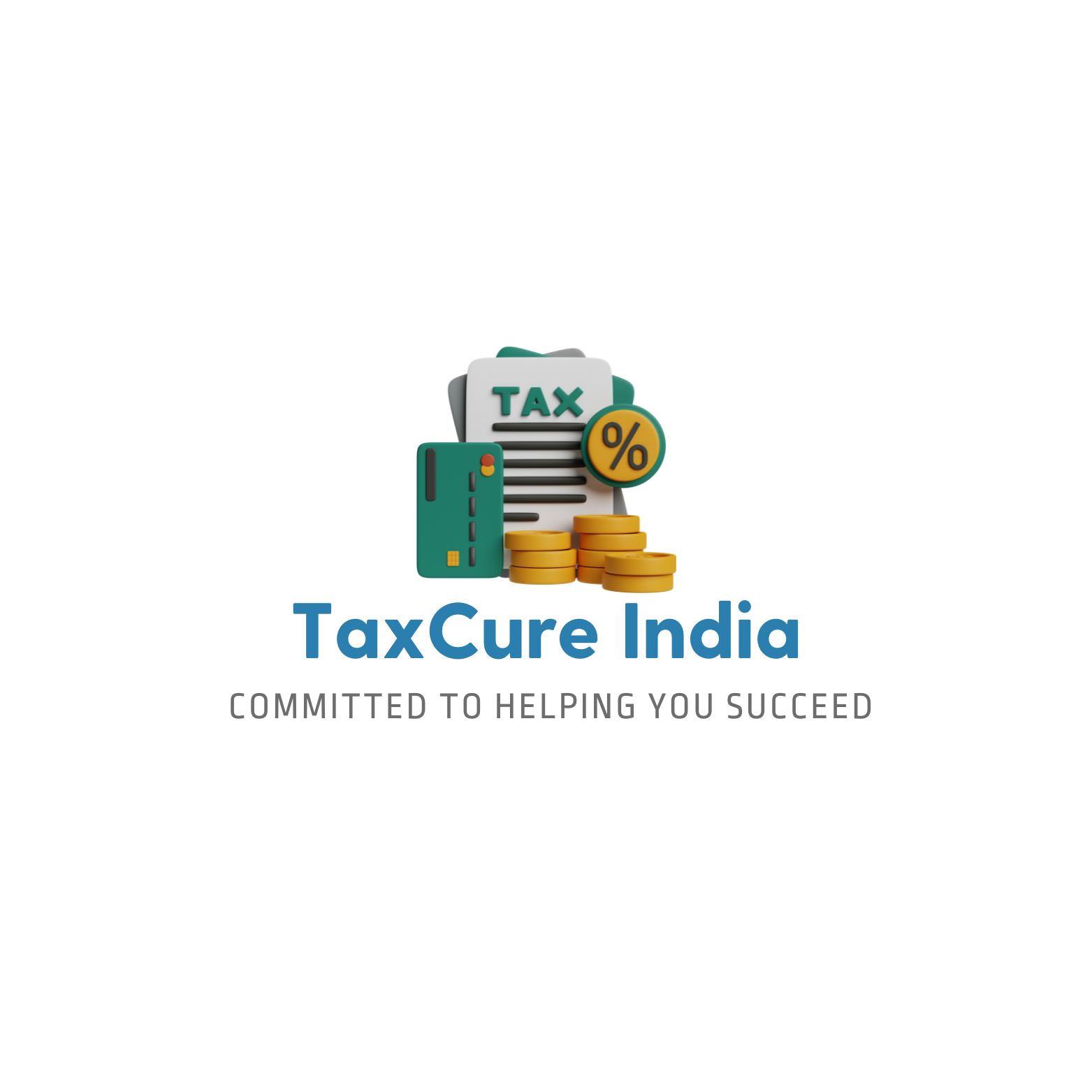Here are the Top 10 Tax-Saving Tips for AY 2025-26, along with a comparison of tax liability under the Old Tax Regime (OTR) and the New Tax Regime (NTR) for three different salary scenarios: ₹8 lakh, ₹12 lakh, and ₹15 lakh.
Top 10 Tax-Saving Tips
- Section 80C Investments
- Deduction of up to ₹1.5 lakh for investments in PPF, ELSS, NSC, LIC premiums, etc.
- Example: Investing ₹1.5 lakh in PPF reduces taxable income by ₹1.5 lakh under OTR.
- Deduction of up to ₹1.5 lakh for investments in PPF, ELSS, NSC, LIC premiums, etc.
- National Pension System (NPS) – Section 80CCD
- Additional ₹50,000 under 80CCD(1B).
- Example: Opting for NPS reduces taxable income under OTR.
- Additional ₹50,000 under 80CCD(1B).
- Home Loan Benefits (Section 24 and 80EEA)
- Interest on a home loan (₹2 lakh) under Section 24 and additional benefits under 80EEA for first-time buyers.
- Example: A salaried individual with a home loan saves significantly under OTR.
- Interest on a home loan (₹2 lakh) under Section 24 and additional benefits under 80EEA for first-time buyers.
- Health Insurance (Section 80D)
- Deduction for health insurance premiums
- Self + Family: ₹25,000
- Parents (Senior Citizens): ₹50,000
- Example: Paying ₹40,000 for parents’ insurance and ₹20,000 for own policy reduces taxable income by ₹60,000.
- Deduction for health insurance premiums
- Education Loan Interest (Section 80E)
- Deduction for interest paid on education loans for self or dependents
- Example: Paying ₹1 lakh as interest saves tax under OTR.
- Deduction for interest paid on education loans for self or dependents
- House Rent Allowance (HRA)
- If staying in rented accommodation, HRA can be claimed partially or fully exempt under OTR.
- Example: ₹20,000 monthly rent can reduce taxable income by ₹1.6 lakh (approx).
- If staying in rented accommodation, HRA can be claimed partially or fully exempt under OTR.
- Leave Travel Allowance (LTA)
- Claim tax-free LTA for travel expenses incurred on domestic travel (2 journeys in 4 years).
- Example: A ₹50,000 travel bill for the year is exempt.
- Claim tax-free LTA for travel expenses incurred on domestic travel (2 journeys in 4 years).
- Standard Deduction
- A flat deduction of ₹75,000 for salaried individuals under both OTR and NTR.
- Charitable Donations (Section 80G)
- Donations to specified charitable organizations are eligible for deductions.
- Example: Donating ₹50,000 to a PM Relief Fund gets 100% deduction.
- Donations to specified charitable organizations are eligible for deductions.
- Tax-Free Allowances and Perquisites
- Structure salary to include tax-free allowances like food coupons (₹50,000), books and periodicals, etc.
Example 1: Tax Saving Using All Possible Deductions (Old Tax Regime)
Scenario
Rahul, aged 35, earns a salary of ₹12,00,000 annually. He plans his taxes using all available deductions.
Breakdown of Savings
| Tax-Saving Instrument | Investment/Expense (₹) | Section | Taxable Income Reduced (₹) |
| ELSS Funds | 1,50,000 | 80C | 1,50,000 |
| NPS (Additional Contribution) | 50,000 | 80CCD(1B) | 50,000 |
| Home Loan Interest | 2,00,000 | 24(b) | 2,00,000 |
| Health Insurance Premium | 30,000 | 80D | 30,000 |
| Donation to PM Relief Fund | 50,000 | 80G | 50,000 |
| Standard Deduction | 75,000 | Standard | 75,000 |
Calculation of Taxable Income
- Gross Salary: ₹12,00,000
- Total Deductions: ₹5,55,000
- Taxable Income: ₹12,00,000 – ₹5,55,000 = ₹6,45,000
Tax Payable Under Old Tax Regime
Using the old tax slabs, Rahul’s tax liability is calculated as ₹37,500 (after rebates).
Example 2: Minimal Deductions and New Tax Regime
Scenario
Priya, aged 30, earns ₹15,00,000 annually. She has minimal tax-saving investments and wants simplicity.
Tax-Saving Measures Under New Tax Regime
- Standard Deduction: ₹75,000 is automatically applied.
- Tax Calculation
| Income Slab | Rate (%) |
| ₹0 – ₹3,00,000 | 0% |
| ₹3,00,001 – ₹7,00,000 | 5% |
| ₹7,00,001 – ₹10,00,000 | 10% |
| ₹10,00,001 – ₹12,00,000 | 15% |
| ₹12,00,001 – ₹15,00,000 | 20% |
- Income after standard deduction
- ₹15,00,000 – ₹75,000 = ₹14,25,000.
- ₹15,00,000 – ₹75,000 = ₹14,25,000.
- Tax computation by slab
- From ₹0 to ₹3,00,000: Tax = ₹0.
- From ₹3,00,001 to ₹7,00,000
- Tax = (₹7,00,000 – ₹3,00,000) × 5% = ₹4,00,000 × 5% = ₹20,000.
- From ₹7,00,001 to ₹10,00,000
- Tax = (₹10,00,000 – ₹7,00,000) × 10% = ₹3,00,000 × 10% = ₹30,000.
- From ₹10,00,001 to ₹12,00,000
- Tax = (₹12,00,000 – ₹10,00,000) × 15% = ₹2,00,000 × 15% = ₹30,000.
- From ₹12,00,001 to ₹14,25,000
- Tax = (₹14,25,000 – ₹12,00,000) × 20% = ₹2,25,000 × 20% = ₹45,000.
- Total tax amount:
- ₹20,000 + ₹30,000 + ₹30,000 + ₹45,000 = ₹1,25,000.
- Final Tax Amount: ₹1,25,000
Conclusion
Priya saves time and effort by opting for the new tax regime while maintaining simplicity.
Also Read :- NEW INCOME TAX RULES 2025 ON THE CASH TRANSACTIONS
Key Takeaways
- Individuals with multiple deductions benefit most from the Old Tax Regime.
- Those who prefer simplicity or have minimal deductions should opt for the New Tax Regime.


1 thought on “Top 10 Tax-Saving Tips for AY 2025-26”